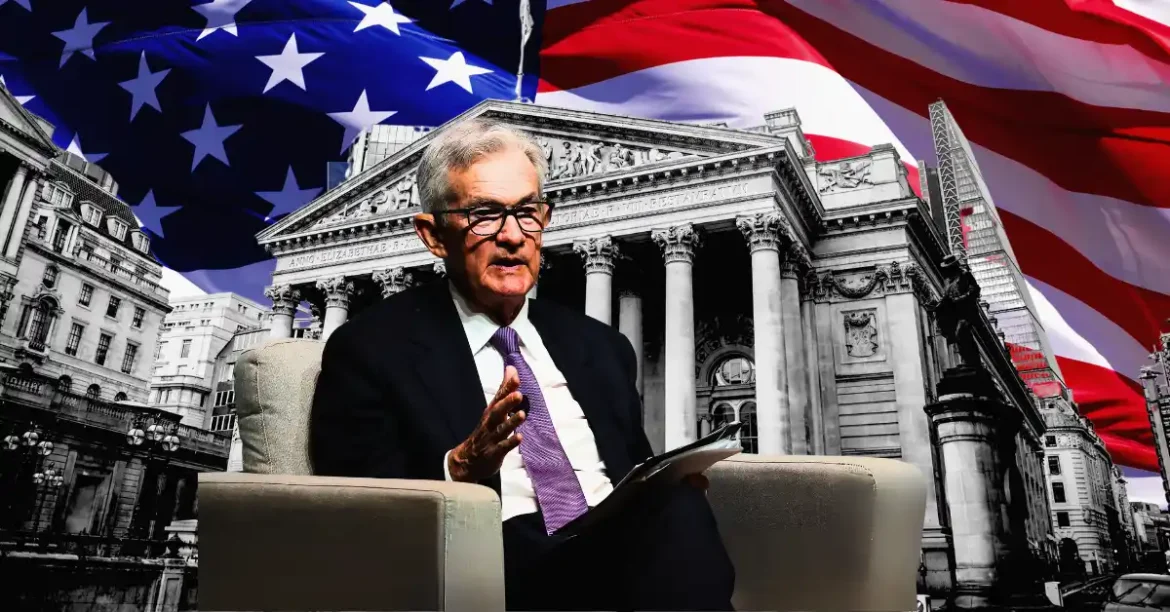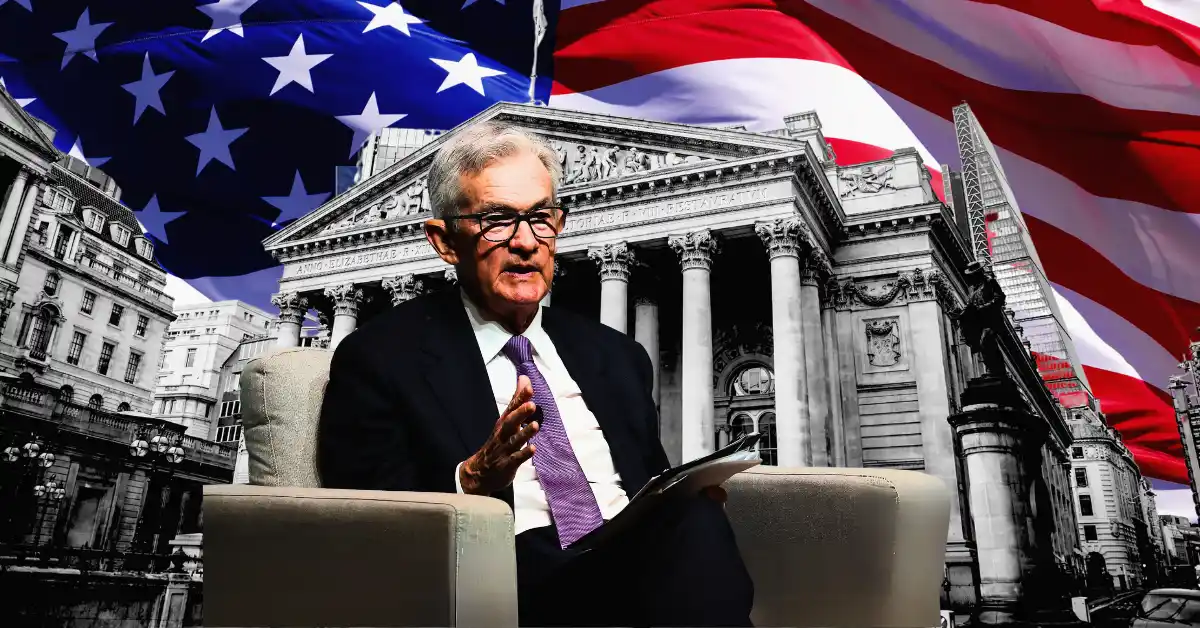The Federal Reserve, as the central banking system of the United States, plays a pivotal role in shaping the nation’s economic policies. Its decisions influence interest rates, inflation, and overall economic stability. At the helm of this powerful institution is Jerome Powell, whose leadership has recently come under intense scrutiny due to a $2.5 billion renovation project at the Fed’s headquarters. This controversy has sparked debates about accountability, transparency, and the responsible use of public funds, all of which are critical in maintaining public trust in government institutions.
The allegations against Powell stem from claims that he misled Congress about the necessity and justification for the extensive renovation of the Federal Reserve’s headquarters. Critics, including Federal Housing Finance Agency (FHFA) Director William J. Pulte, have described the project as a lavish “Palace of Versailles” makeover, suggesting that the expenditures were excessive and unnecessary. Pulte has called for a congressional investigation, accusing Powell of providing false information and misusing public money. The core of the controversy revolves around whether Powell accurately portrayed the scope and rationale of the renovation to Congress. Were the upgrades truly essential, or were they, as some suggest, extravagant embellishments that demonstrate a disregard for responsible spending of taxpayer money?
The timing of these allegations is particularly significant given the current political climate. With a closely divided Congress and a looming presidential election, any hint of financial mismanagement or lack of transparency can quickly escalate into a full-blown political crisis. The Federal Reserve is already navigating a delicate path in managing inflation and interest rates, and accusations of dishonesty could undermine the Fed’s credibility and independence. This, in turn, could weaken its ability to effectively steer the economy. Moreover, the potential for political motivations to influence the narrative surrounding this controversy cannot be ignored. Former President Donald Trump has previously criticized Jerome Powell, raising questions about whether the attacks are driven by political maneuvering.
The consequences of these allegations could be far-reaching. At the very least, Powell is likely to face intense scrutiny from Congress, with hearings and investigations aimed at uncovering the truth behind the $2.5 billion renovation project. Depending on the findings, potential outcomes range from a formal reprimand to calls for his resignation or even impeachment. Beyond the immediate impact on Powell’s career, this controversy could also damage the reputation of the Federal Reserve as a whole. Public trust in the Fed is crucial for its ability to effectively manage monetary policy. If the public loses confidence in the Fed’s integrity, it could lead to instability in financial markets and hinder the central bank’s efforts to maintain economic stability.
The accusations against Powell highlight a broader concern about accountability and transparency in government. The public expects its leaders to be responsible stewards of taxpayer money and to be forthright in their dealings with Congress and the public. When allegations of financial mismanagement or deception arise, it is essential that they are thoroughly investigated and addressed. This controversy also underscores the importance of independent oversight bodies, such as the FHFA, in holding government officials accountable. By raising concerns about Powell’s testimony and calling for a congressional investigation, Director Pulte is fulfilling his role as a watchdog, ensuring that public officials are held to the highest ethical standards.
The controversy surrounding Powell also carries economic implications. The Federal Reserve’s actions have a direct impact on interest rates, inflation, and overall economic growth. Any disruption to the Fed’s leadership or credibility could have ripple effects throughout the financial system. The Fed’s recent strategy of maintaining higher interest rates to combat inflation has already sparked debate among economists and policymakers. Accusations of mismanagement against Powell could further fuel these concerns, potentially leading to increased market volatility and uncertainty about the future direction of monetary policy.
In the coming weeks and months, it will be crucial to seek clarity on the allegations against Powell and to determine the truth behind the $2.5 billion renovation project. Congress must conduct a thorough and impartial investigation, gathering all relevant evidence and hearing testimony from key witnesses. Regardless of the outcome of the investigation, it is essential that steps be taken to restore public trust in the Federal Reserve. This could involve greater transparency in the Fed’s operations, stricter oversight of its spending, and a renewed commitment to ethical conduct by its leaders.
The controversy surrounding Jerome Powell and the $2.5 billion renovation project represents a significant challenge for the Federal Reserve and for the U.S. government as a whole. It is a test of leadership, accountability, and institutional integrity. The way in which this situation is handled will have lasting consequences for the Fed’s credibility, the public’s trust in government, and the stability of the U.S. economy. The need to maintain economic confidence, especially in times of uncertainty, cannot be overstated. As the nation grapples with this controversy, it is imperative that the focus remains on upholding the highest standards of transparency, accountability, and ethical conduct in government. The outcome of this situation will not only shape the future of the Federal Reserve but also set a precedent for how similar controversies are addressed in the future.





